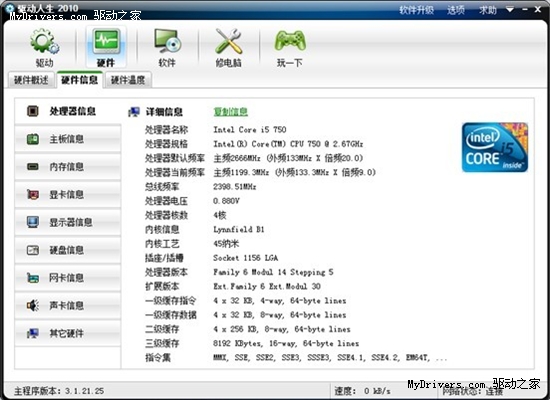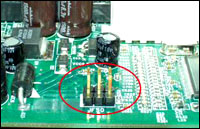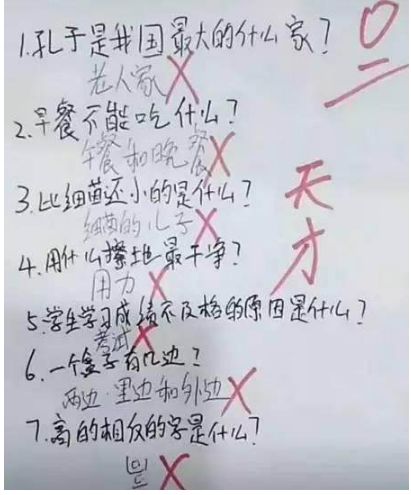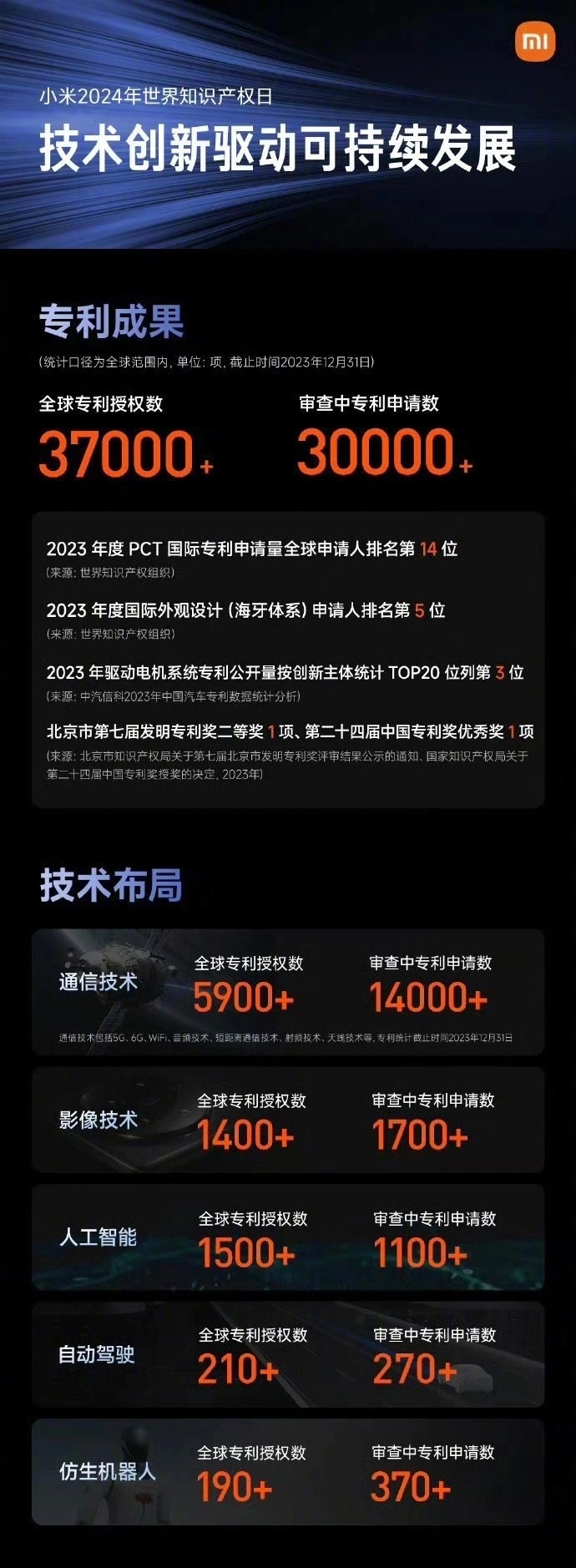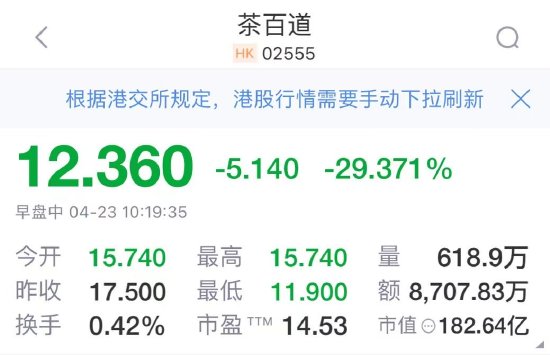匿名函數(shù)也叫閉包函數(shù)(closures允許創(chuàng)建一個(gè)沒(méi)有指定沒(méi)成的函數(shù),最經(jīng)常用作回調(diào)函數(shù)參數(shù)的值。
閉包函數(shù)沒(méi)有函數(shù)名稱,直接在function()傳入變量即可 使用時(shí)將定義的變量當(dāng)作函數(shù)來(lái)處理
$cl = function($name){ return sprintf('hello %s',name); } echo $cli('fuck')` 直接通過(guò)定義為匿名函數(shù)的變量名稱來(lái)調(diào)用
echo preg_replace_callback('~-([a-z])~', function ($match) { return strtoupper($match[1]);}, 'hello-world');` 使用use
$message = 'hello';$example = function() use ($message){ var_dump($message);};echo $example();//輸出hello$message = 'world';//輸出hello 因?yàn)槔^承變量的值的時(shí)候是函數(shù)定義的時(shí)候而不是 函數(shù)被調(diào)用的時(shí)候echo $example();//重置為hello$message = 'hello';//此處傳引用$example = function() use(&$message){ var_dump($message);};echo $example();//輸出hello$message = 'world';echo $example();//此處輸出world//閉包函數(shù)也用于正常的傳值$message = 'hello';$example = function ($data) use ($message){ return "{$data},{$message}";};echo $example('world'); example
class Cart{ //在類里面定義常量用 const 關(guān)鍵字,而不是通常的 define() 函數(shù)。 const PRICE_BUTTER = 1.00; const PRICE_MILK = 3.00; const PRICE_EGGS = 6.95; protected $products = []; public function add($product,$quantity){ $this->products[$product] = $quantity; } public function getQuantity($product){ //是否定義了 return isset($this->products[$product])?$this->products[$product]:FALSE; } public function getTotal($tax){ $total = 0.0; $callback = function($quantity,$product) use ($tax , &$total){ //constant 返回常量的值 //__class__返回類名 $price = constant(__CLASS__."::PRICE_".strtoupper($product)); $total += ($price * $quantity)*($tax+1.0); }; //array_walk() 函數(shù)對(duì)數(shù)組中的每個(gè)元素應(yīng)用用戶自定義函數(shù)。在函數(shù)中,數(shù)組的鍵名和鍵值是參數(shù) array_walk($this->products,$callback); //回調(diào)匿名函數(shù) return round($total,2); }}$my_cart = new Cart();$my_cart->add('butter',1);$my_cart->add('milk',3);$my_cart->add('eggs',6);print($my_cart->getTotal(0.05)); 以上就是關(guān)于PHP閉包函數(shù)的相關(guān)內(nèi)容,希望對(duì)大家的學(xué)習(xí)有所幫助。
